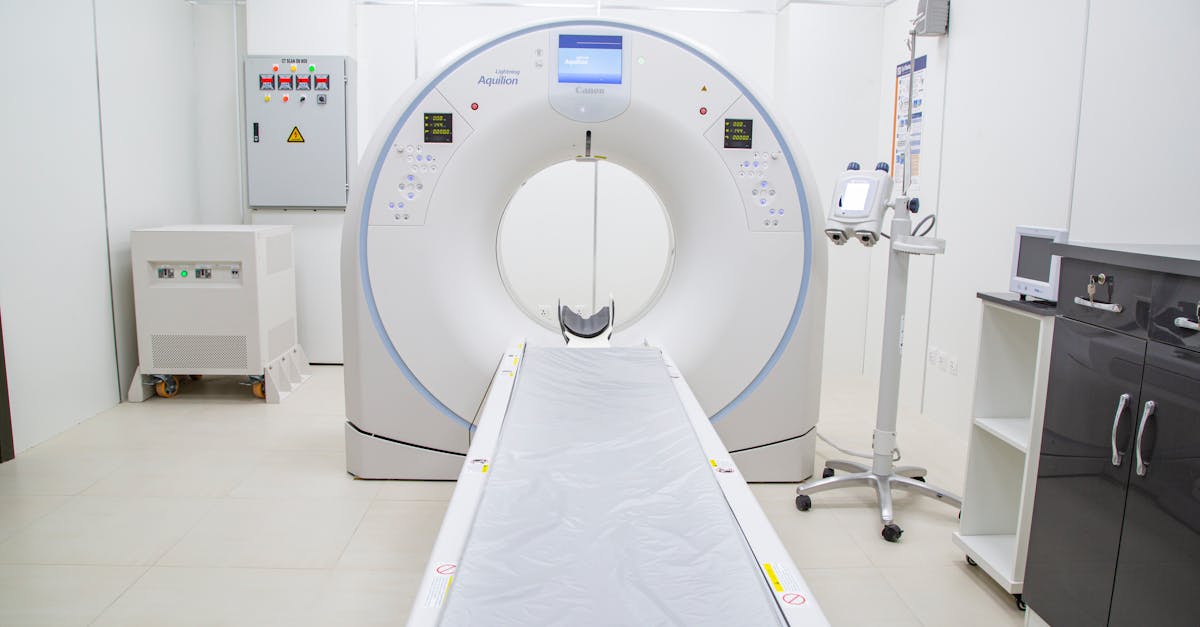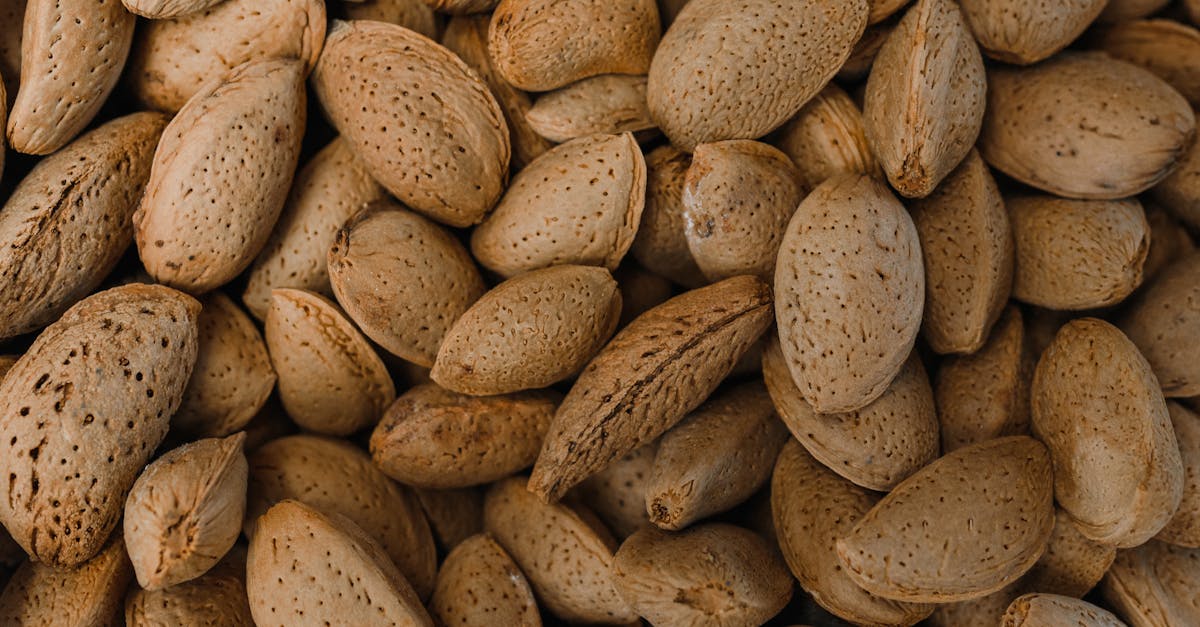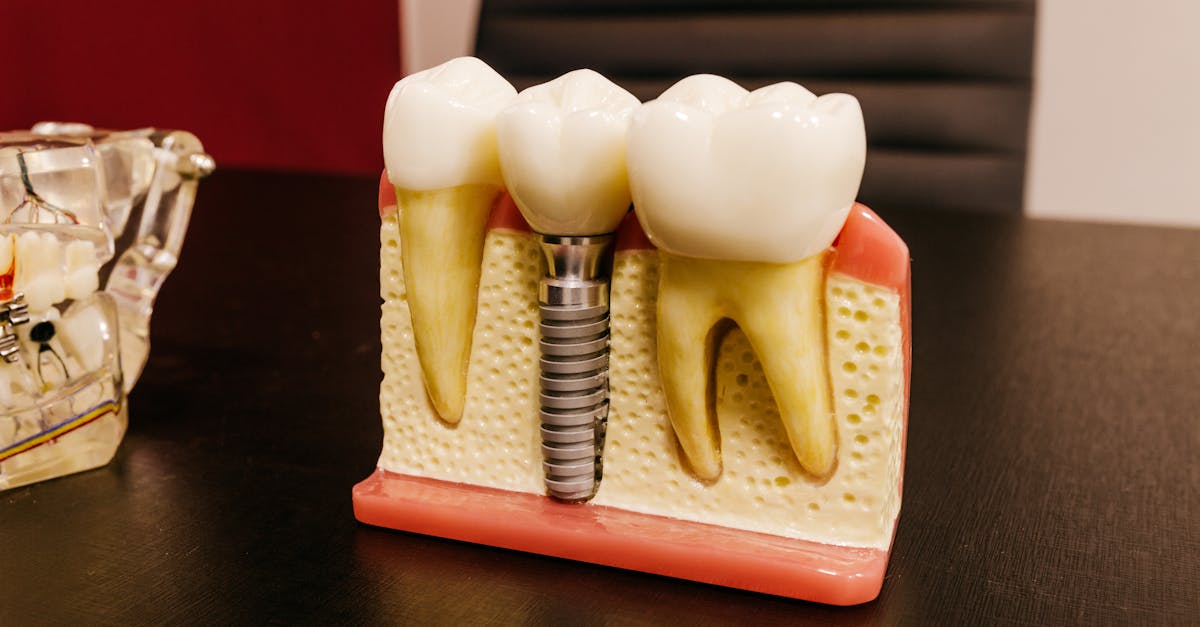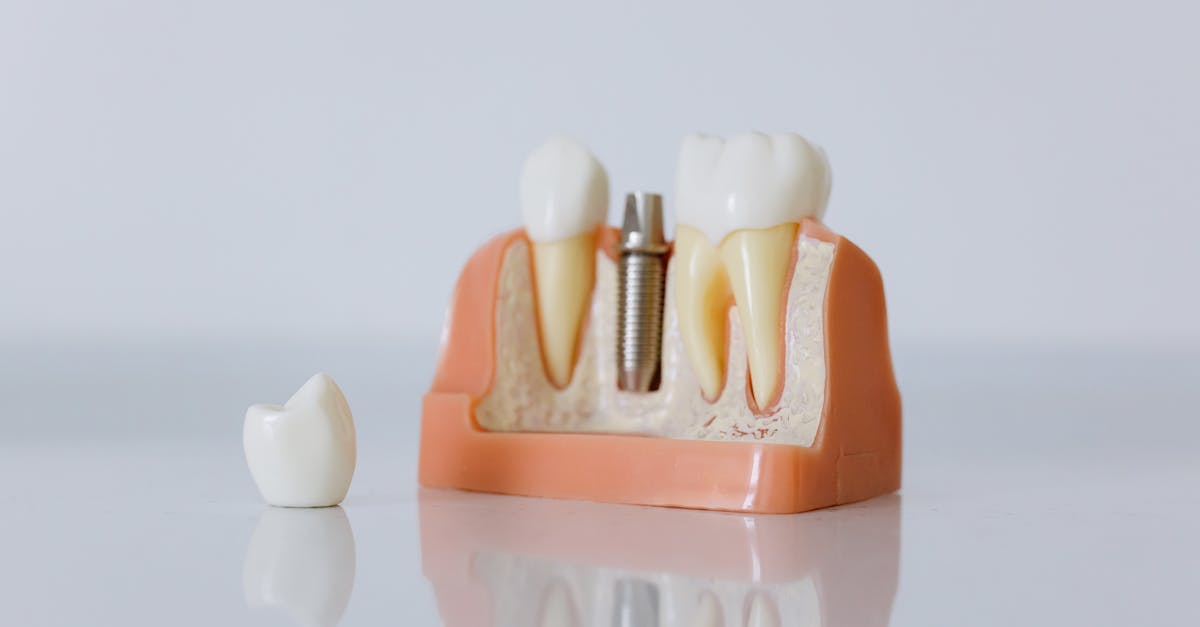Anti-Inflammatory Foods for Health
Introduction
Inflammation is a natural response of the immune system to injury or illness, but chronic inflammation can lead to numerous health conditions. When left unchecked, it may contribute to ailments such as arthritis, heart disease, and diabetes. Understanding the role of diet in reducing inflammation can empower individuals to make informed dietary choices for better health.
Advertisement
The Role of Fatty Fish
Fatty fish like salmon, mackerel, and sardines are rich in omega-3 fatty acids. These essential fats have been shown to reduce the production of inflammatory proteins, effectively decreasing inflammation. Including two servings of fatty fish in your weekly diet can help promote heart health and combat inflammation.
Advertisement
Leafy Greens for Health
Leafy greens such as spinach, kale, and Swiss chard are packed with nutrients that have anti-inflammatory properties. Rich in antioxidants and polyphenols, these greens fight oxidative stress, a key player in inflammatory processes. Adding a daily serving of these vegetables can support overall wellbeing.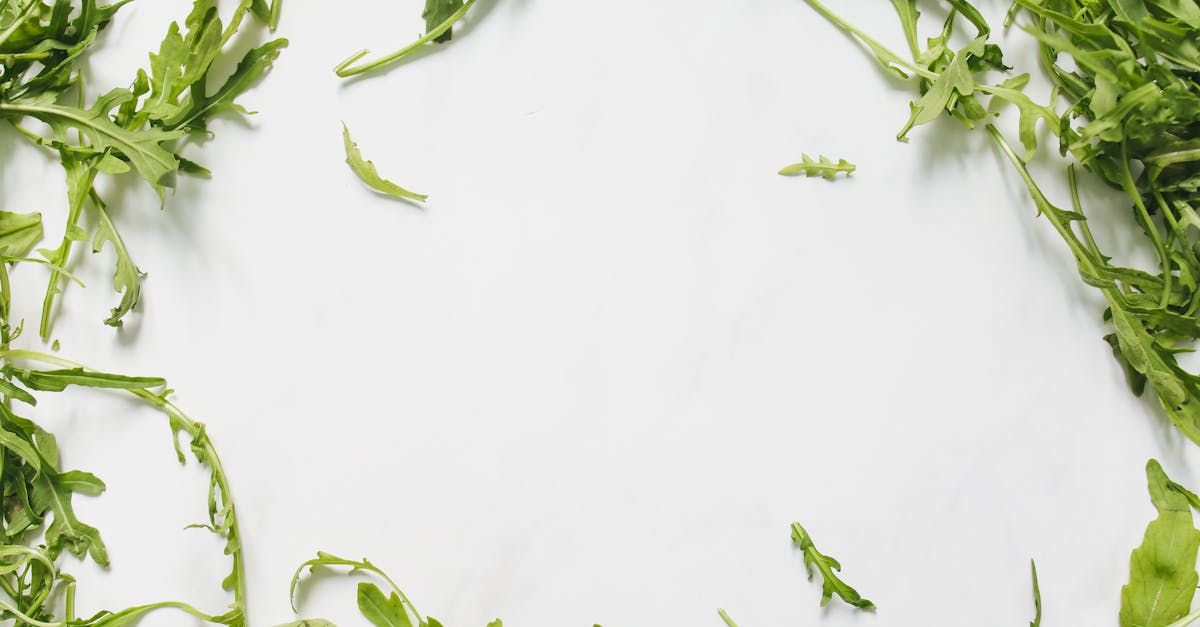
Advertisement
The Power of Berries
Berries like blueberries, strawberries, and raspberries contain high levels of antioxidants, notably anthocyanins. These compounds have been studied for their ability to reduce inflammatory markers in the body. A handful of berries as a snack or ingredient in your morning smoothie can fortify your diet against inflammation.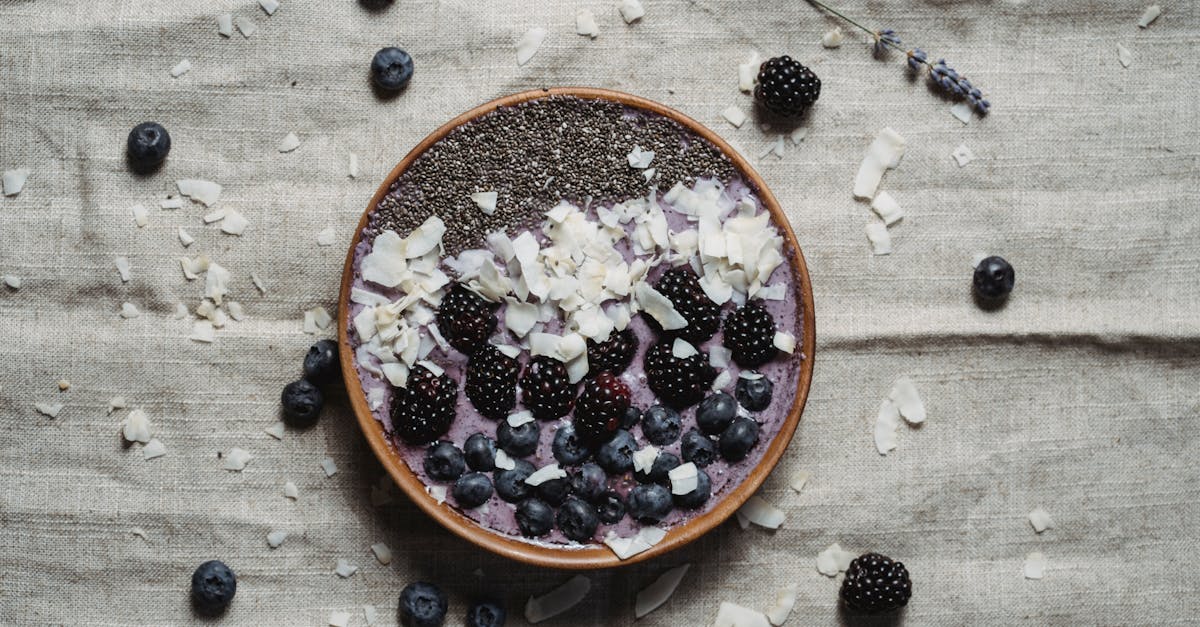
Advertisement
Nuts and Seeds Benefits
Nuts and seeds, including almonds, walnuts, and flaxseeds, are excellent sources of healthy fats, protein, and fiber. They are also rich in vitamin E, which plays a role in protecting the body against inflammation. A small daily serving of these foods can contribute significantly to reducing inflammation.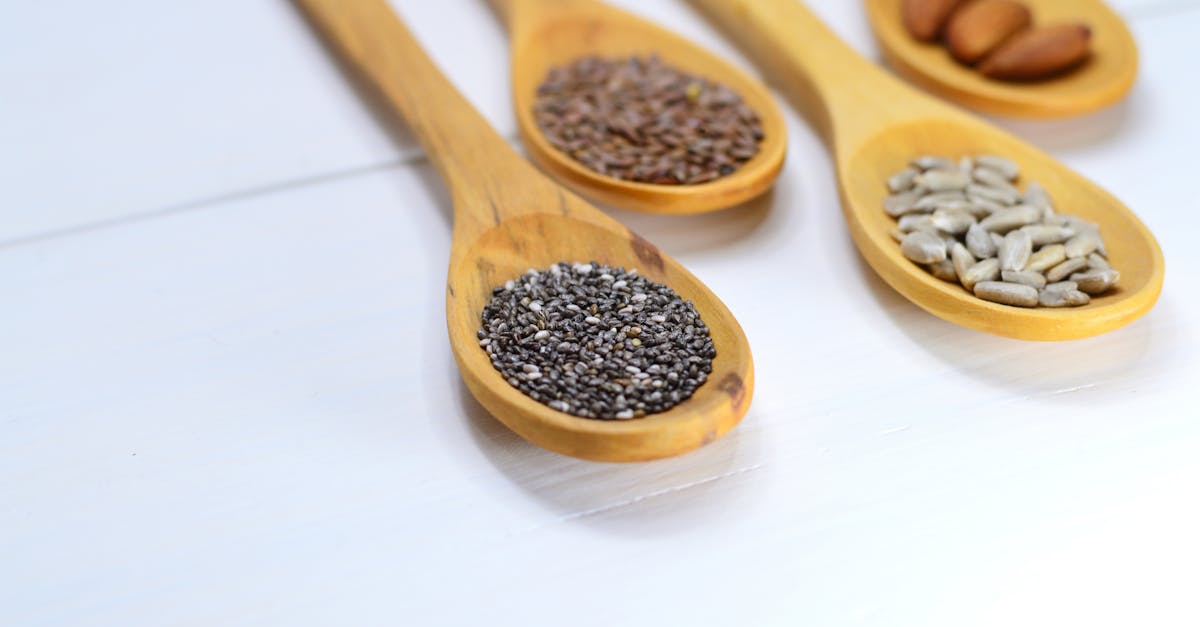
Advertisement
Turmeric's Golden Hotspot
Turmeric, known for its vivid golden color, contains curcumin, a potent anti-inflammatory compound. Studies suggest that curcumin can reduce inflammation and alleviate pain in chronic conditions like arthritis. Incorporating turmeric into dishes or taking it in supplement form can have profound health effects.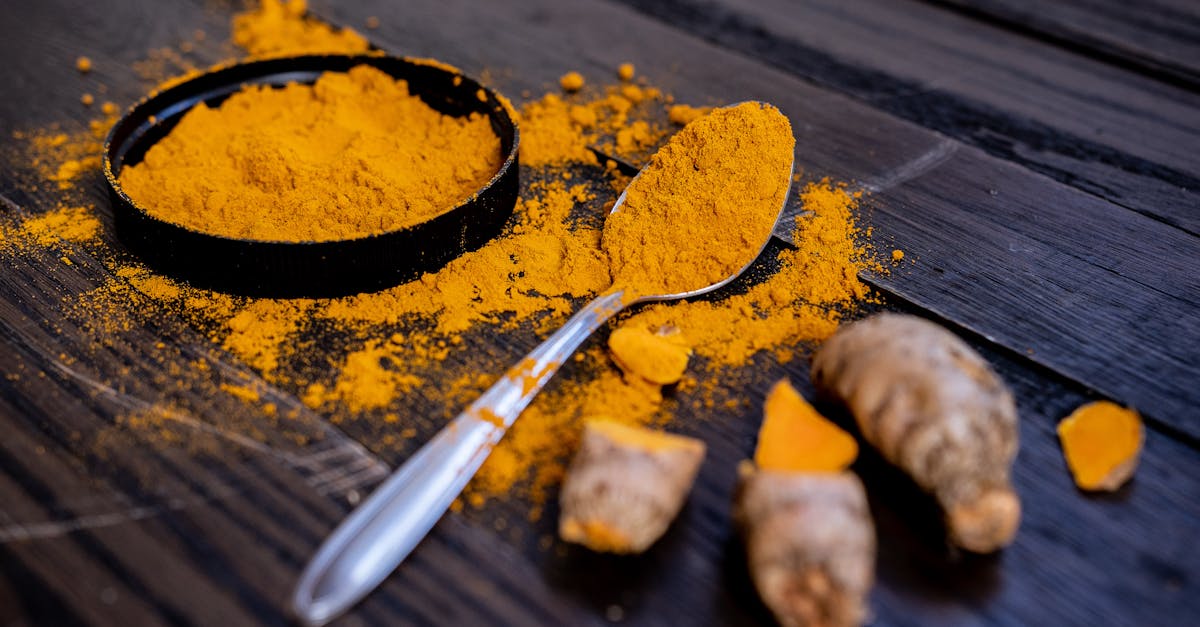
Advertisement
The Advantages of Olive Oil
Olive oil, especially extra virgin, is hailed for its anti-inflammatory properties. It contains oleocanthal, a compound with effects similar to ibuprofen in inhibiting inflammatory pathways. Using olive oil as a primary cooking fat and salad dressing enhances not just flavor but anti-inflammatory benefits too.
Advertisement
Ginger's Spicy Anti-inflammatory Effects
Ginger, with its distinctive spicy flavor, is hailed for its medicinal properties. It contains gingerol, an active component that aids in reducing chronic inflammation. Regular consumption of ginger tea or adding fresh ginger to recipes can offer significant relief from inflammation-related symptoms.
Advertisement
Whole Grains Impact
Whole grains like brown rice, quinoa, and whole wheat are high in fiber and nutrients that contribute to an anti-inflammatory diet. Unlike refined grains, whole grains have shown a potential to decrease inflammation markers. Incorporating them into meals offers sustained energy and an inflammation-fighting boost.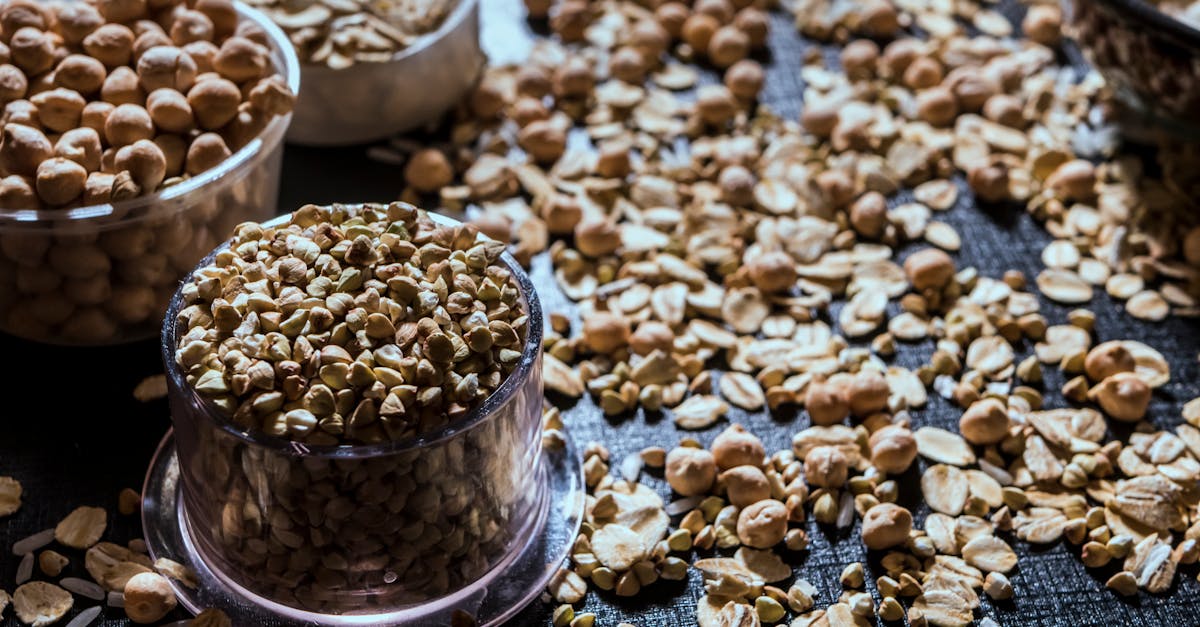
Advertisement
Conclusion
Incorporating anti-inflammatory foods into your daily meals helps in keeping inflammation at bay. From omega-3-rich fish to antioxidant-packed berries, there are plenty of delicious and nutritious options. By understanding and utilizing these foods, individuals can promote overall health and vitality while reducing the risk of chronic diseases.
Advertisement

